Description
VEGAN is a multi-sourced, complete plant protein with a superior amino acid profile. Pea, brown rice, and quinoa proteins provide all nine essential acids vital for building and repairing muscle tissue. These plant powerhouses are also high in fiber, aiding digestion and satiety.
The benefits of VEGAN extend far beyond high-quality protein. We also added a blend of 11 superfoods for health and antioxidant benefits. These superfoods support the body’s detoxification from damaging free radicals, promote healthy cells, and may reduce inflammation.
If you want an alternative to animal-based protein that doesn’t sacrifice quality or flavor, you’ve found it! VEGAN is 100% natural and tastes delicious. Enjoy VEGAN as a post-workout recovery shake or between meals to increase lean protein consumption, and experience the many benefits of this plant-based protein.
Pea Protein Isolate
A high-quality, plant-based protein powder derived from yellow peas, it’s highly digestible, hypoallergenic, and a great alternative for those seeking a protein source free from dairy, gluten, and soy. It typically contains around 80-90% protein.
Quinoa
Quinoa is a nutrient-dense grain with complete protein. It contains all nine essential amino acids, making it an excellent plant-based protein source for vegetarians, vegans, and health-conscious individuals.
MCT Oil Powder
Medium-chain triglyceride oil is a type of fat derived primarily from coconut oil. It is easily digested and converted into energy, and it is often used in ketogenic diets and for boosting endurance and cognitive function.
Vegan protein can benefit many people, depending on their dietary needs, lifestyle, and health goals. Here are the main groups who can benefit from vegan protein:
1. Vegans and Vegetarians
- Primary Benefit: Since they do not consume animal products, vegan protein provides an essential source of amino acids and nutrients typically found in meat, dairy, or eggs.
- Plant-Based Sources: Vegan protein supplements like pea, soy, hemp, and rice protein help meet their daily protein requirements.
2. Individuals with Dairy Allergies or Lactose Intolerance
- Primary Benefit: Vegan proteins are free from dairy and lactose, making them a great alternative for people who cannot digest whey or casein (animal-derived proteins).
- Benefit: Reduced risk of digestive issues like bloating, gas, or diarrhea.
3. Environmentally Conscious Consumers
- Primary Benefit: Vegan protein has a lower environmental impact than animal-based proteins. It requires fewer resources, such as water and land, and emits fewer greenhouse gases.
- Sustainability: Choosing plant-based proteins aligns with eco-friendly and sustainability-focused values.
4. Athletes and Bodybuilders
- Primary Benefit: Athletes need higher protein intake for muscle recovery, strength gains, and overall performance. Vegan protein can deliver essential amino acids necessary for muscle repair.
- Comparable Effectiveness: Many plant-based protein powders are formulated to have a complete amino acid profile, making them comparable to whey in terms of muscle-building potential.
5. People Looking for Heart-Healthy Alternatives
- Primary Benefit: Vegan proteins, particularly those from legumes, nuts, and seeds, are typically lower in saturated fats and cholesterol than animal proteins. This may support heart health and help reduce the risk of cardiovascular disease.
6. Weight Management and General Fitness
- Primary Benefit: Vegan protein can support satiety (feeling full) and muscle maintenance during weight loss or fitness routines. It’s often lower in calories and fat, making it a leaner option for those on calorie-restricted diets.
- Fiber and Nutrient Density: Many plant-based protein sources are fiber-rich, aiding digestion and promoting fullness.
7. People with Ethical or Religious Dietary Restrictions
- Primary Benefit: For individuals whose dietary choices are guided by ethical concerns (e.g., animal rights) or religious beliefs, vegan protein can meet nutritional needs without compromising their principles.
8. People Looking to Reduce Inflammation
- Primary Benefit: Vegan proteins, particularly those from legumes and nuts, are often associated with lower inflammation compared to animal proteins. This can be beneficial for individuals managing inflammatory conditions like arthritis or autoimmune disorders.
9. Seniors and Aging Adults
- Primary Benefit: Aging adults often need higher protein intake to maintain muscle mass and strength but may want to avoid the cholesterol and fats associated with animal proteins. Vegan protein offers a clean source of protein without these potential downsides.
In summary, vegan protein benefits those who avoid animal products and those focused on sustainability, health conditions, and fitness goals.
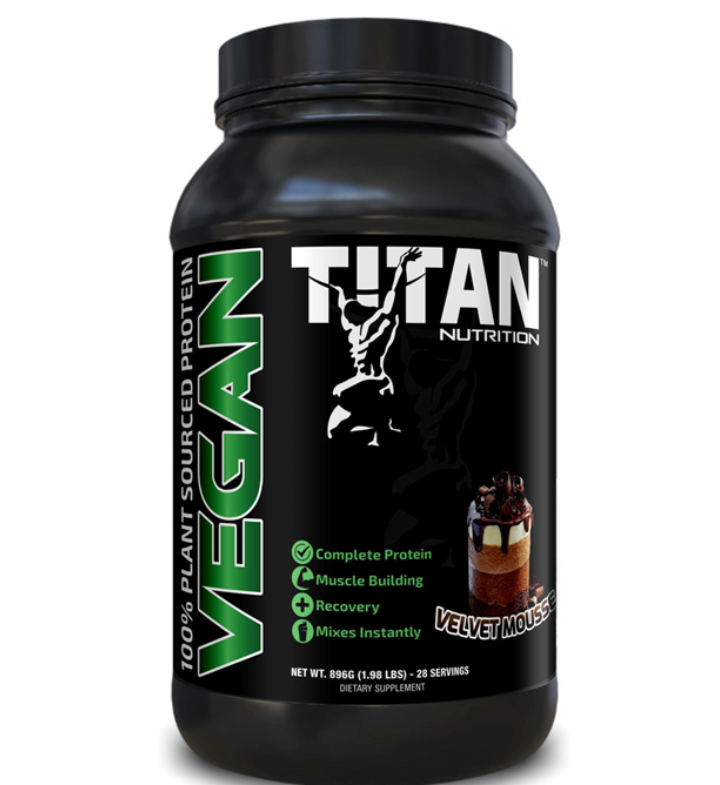
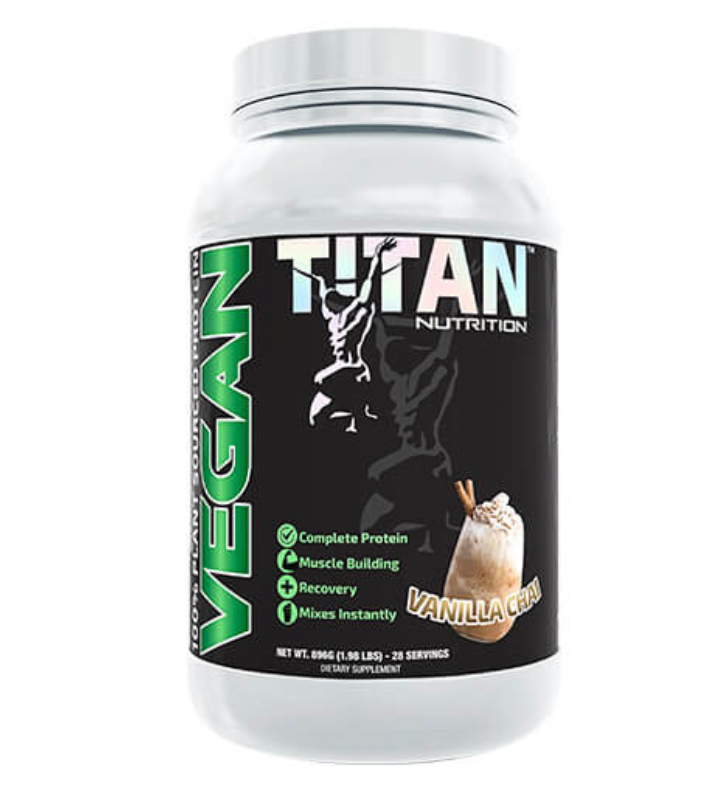
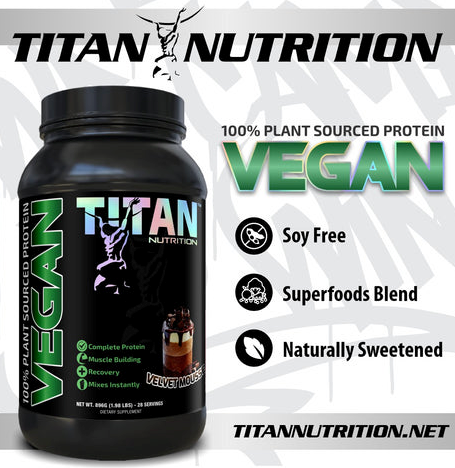
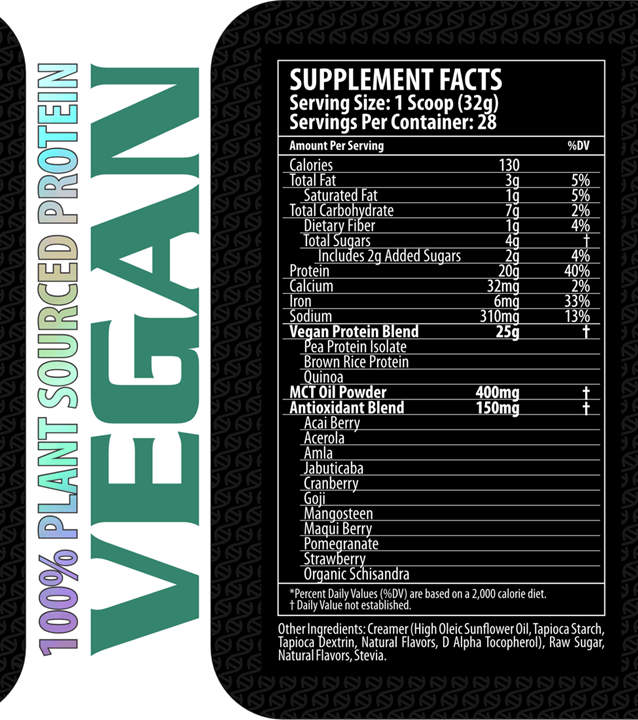
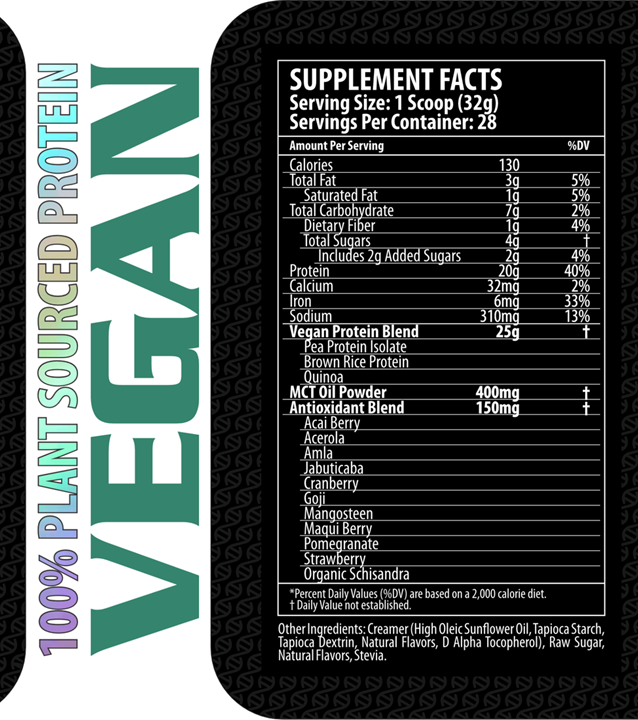
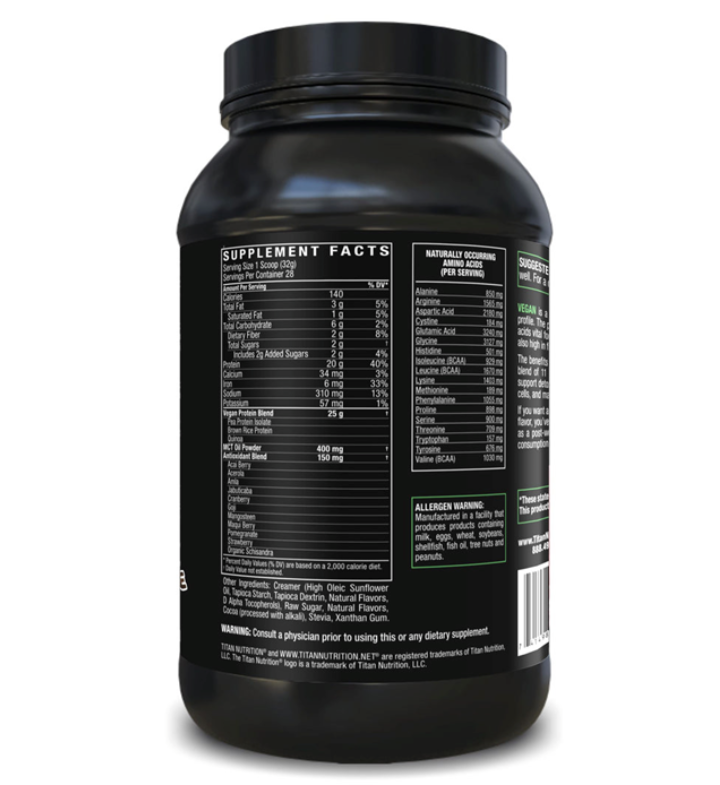
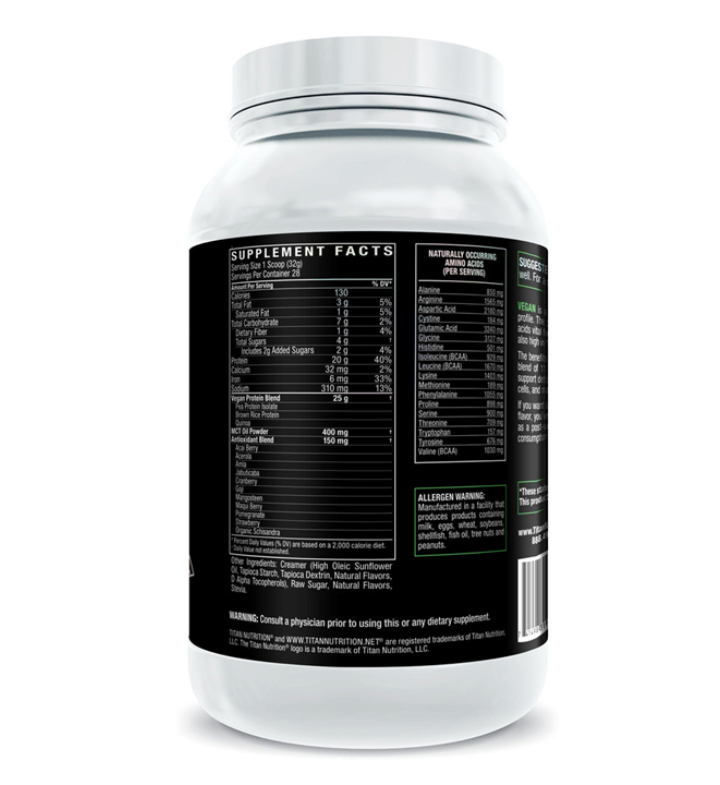
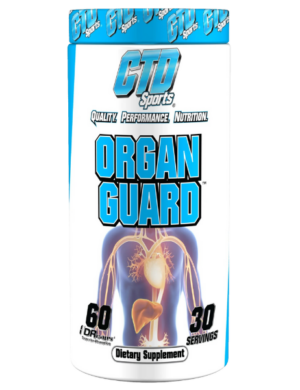
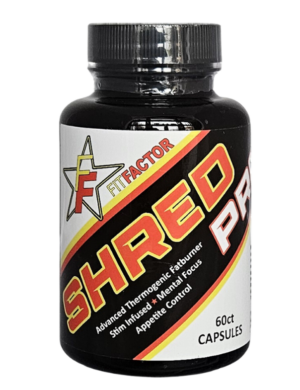
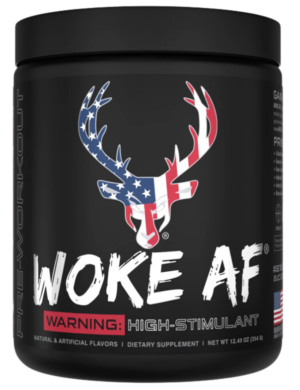
Reviews
There are no reviews yet.